 By Jacqueline Ann A. Tan, ACCRA Law
By Jacqueline Ann A. Tan, ACCRA Law
Often quoted in cases involving searches and seizures is the principle that “a man’s home is his castle”. This principle finds its roots from the Constitutional right of all citizens to be secure in their homes and to privacy.
At the start of the second quarter of this year, however, many Filipino homes have been forced by circumstance to set up “home offices” as a measure against the COVID-19 Pandemic. The shift towards this new normal however may have blurred the lines between home and “business premises”.
This blur may find relevance in A.M. No. 19-08-06-SC, otherwise known as the Rule on Administrative Search and Inspection under the Philippine Competition Act (Rules).
The Rules present the Philippine Competition Commissions (PCC) a process for securing an inspection order to search and inspect “business premises” and “other offices”. The inspection order may be enforced nationwide and may even cover multiple locations. The inspection may cover books, tax records, documents, papers, accounts, letters, photographs, objects or tangible things, databases and such other information contained in such data bases, and electronically stored information.
The question is this: may the PCC apply for an order to inspect the “home offices” of a company’s employees, officers and directors? It is humbly submitted that the answer should be “no”.

First, to interpret the Rules to extend to “home offices” would be unconstitutional. This brings us back to the landmark case of Stonehill v. Diokno [G.R. No. L-19550, 19 June 1967], where the Supreme Court upheld the sanctity of ones domicile by declaring illegal warrants issued to search the residences of corporate officers who were then being investigated for alleged violations of Central Bank Laws, Tariff Customs Laws and the Tax Code. In its disposition, the Supreme Court, acting En Banc reasoned that “x x x uphold[ing] the validity of the warrants in question would be to wipe out completely one of the most fundamental rights guaranteed in our Constitution, for it would place the sanctity of the domicile and the privacy of communication and correspondence at the mercy of the whims caprice or passion of peace officers.”
Second, a plain reading of Section 12(g) of the Philippine Competition Act (PCA) reveals that the PCC can only “undertake inspections of business premises and other offices, x x x as used by the entity, where it reasonably suspects that relevant books, tax records, or other documents which relate to any matter relevant to the investigation are kept x x x.” The PCA gives the PCC a burden to reasonably show that the place/s subject of the inspection must be (i) where the entity itself conducts its regular business; and (ii) where the entity usually keeps its relevant business records. The law in its plain reading cannot be interpreted to extend to the personal homes of a company’s employees, officers or directors.
Third, it was not the legislative intent of our lawmakers to extend the inspection to “home offices”. When the PCA was passed in 2015, the Corporation Code (and even now as amended) provided and that all corporate books and records on an entity’s business transactions should be kept and carefully preserved at its principal office. The location of the principal office of an entity is that stated in its Articles of Incorporation. Tax records are also required to be left at the entity’s principal office since the Tax Code provides that examination and inspection of books of accounts shall be done in the “place of business”.
Finally, the use of “home offices” is merely temporary. In fact, even with the “new normal” being set in place, a percentage of the workforce have been gradually permitted to work in their corporate offices. This is an indication that the State recognizes a clear delineation of business premises as against “home offices”.
All told, while we continue to shift to this new normal and wait for the vaccine to be developed, the blur caused by the COVID-19 pandemic must not be used to perpetuate abuse as it is still the right of every Filipino to be secure in their homes even if used temporarily as “home offices”.
______________________________
This article, which first appeared in Business World (a newspaper of general circulation in the Philippines), is for general informational and educational purposes only and not offered as, and does not constitute, legal advice or legal opinion.
Atty. Jacqueline Ann A. Tan is a Senior Associate primarily with the Tax Department and also practices under the Litigation and Dispute Resolution Department of the Angara Abello Concepcion Regala & Cruz Law Offices. She may be contacted at jcalegre@accralaw.com or by phone at (632) 8830 8000
______________________________
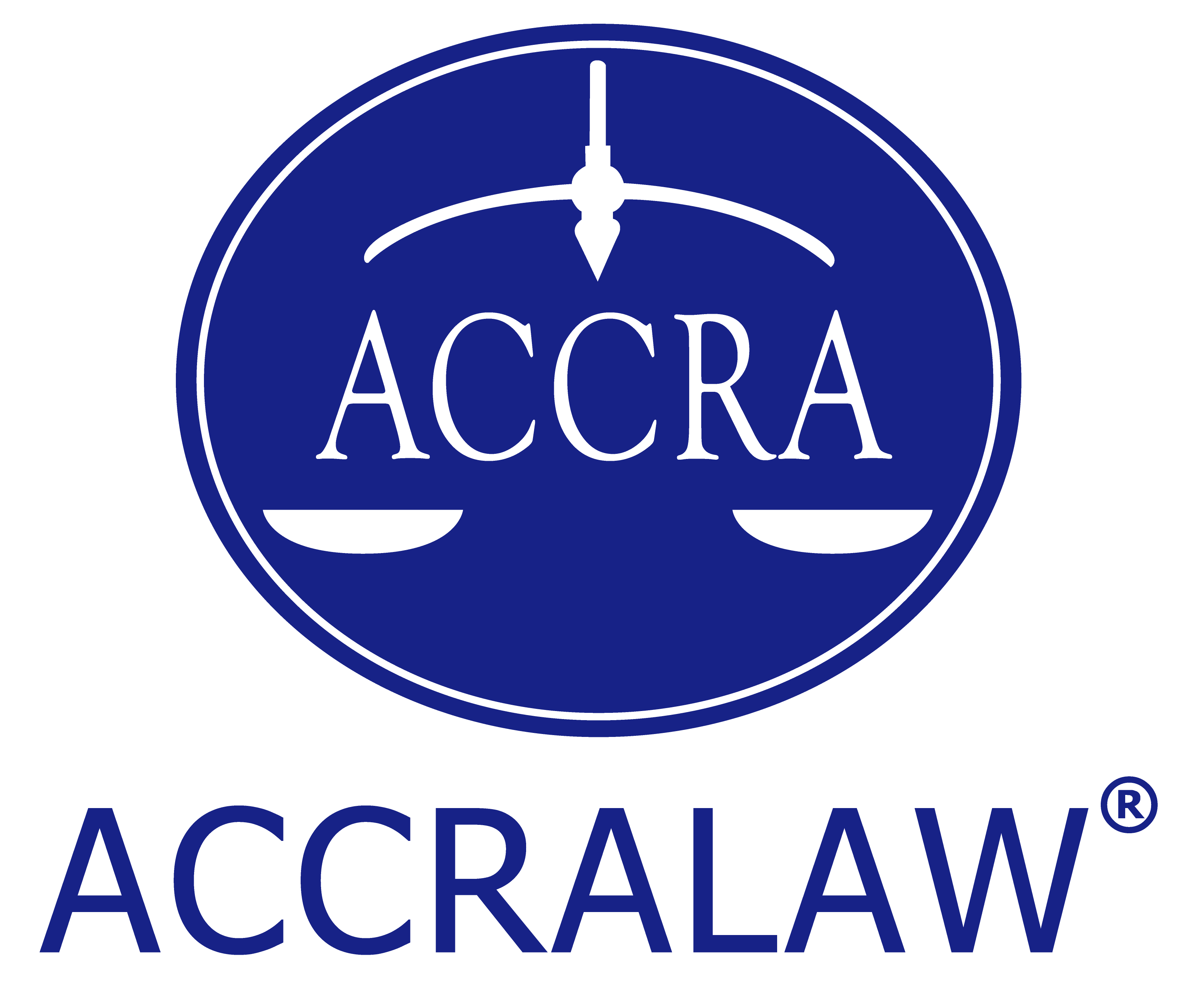
E: jcalegre@accralaw.com
T: (63) 2 8830 8000
Recent examples of consent decrees in Korea and their implications




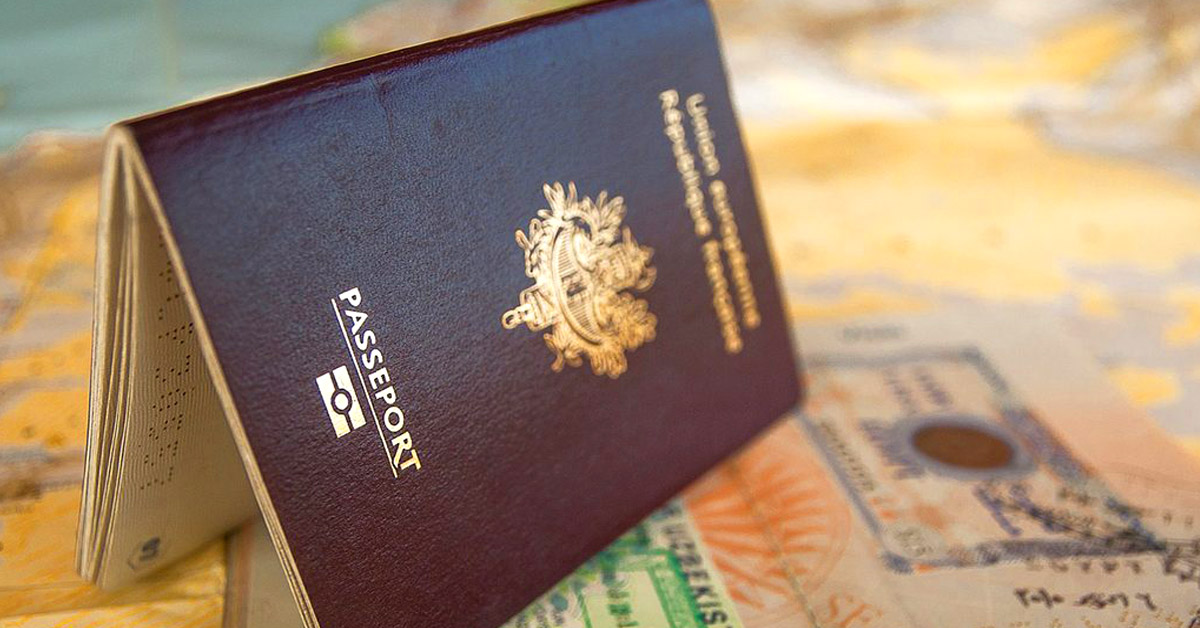
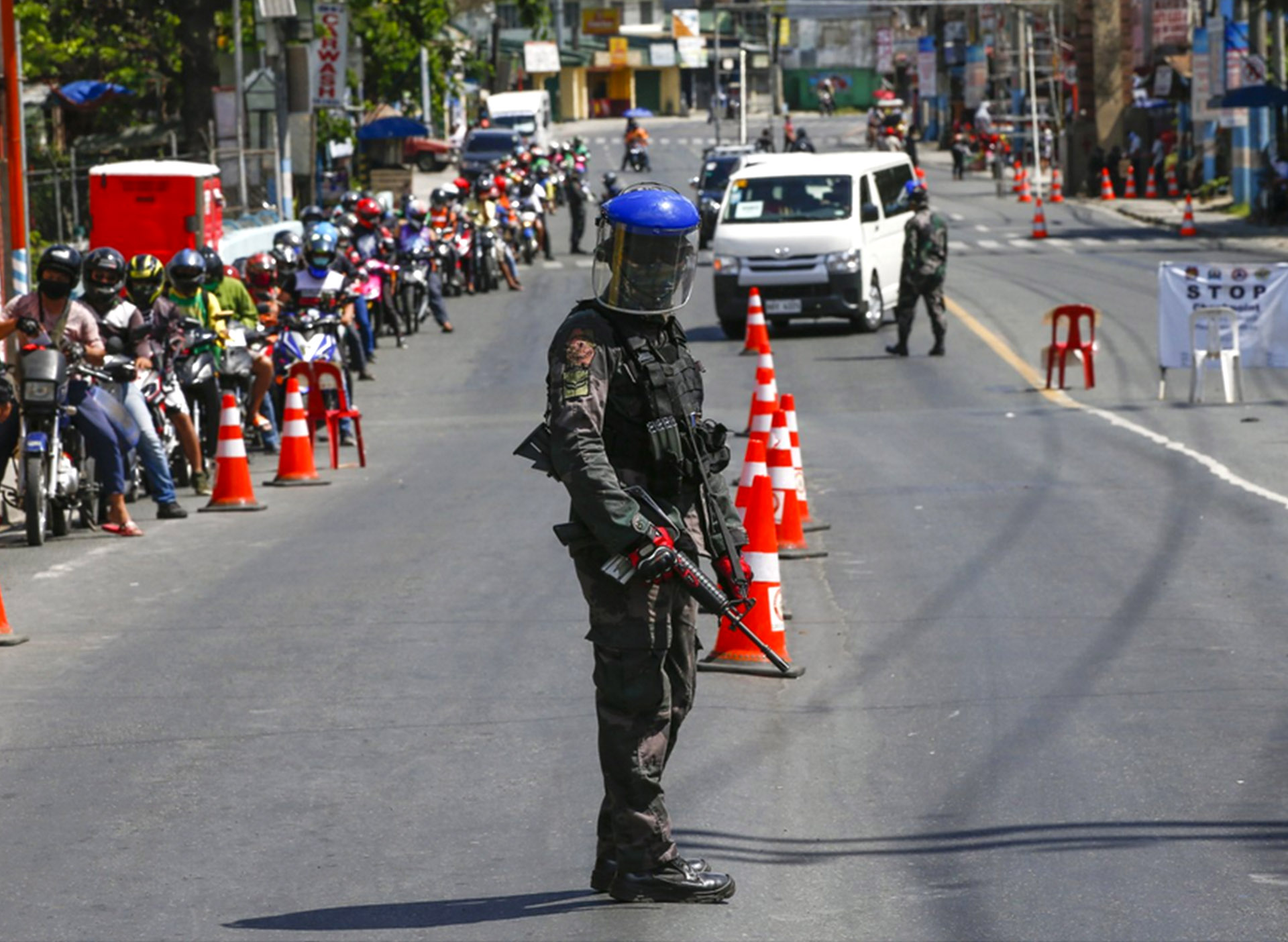








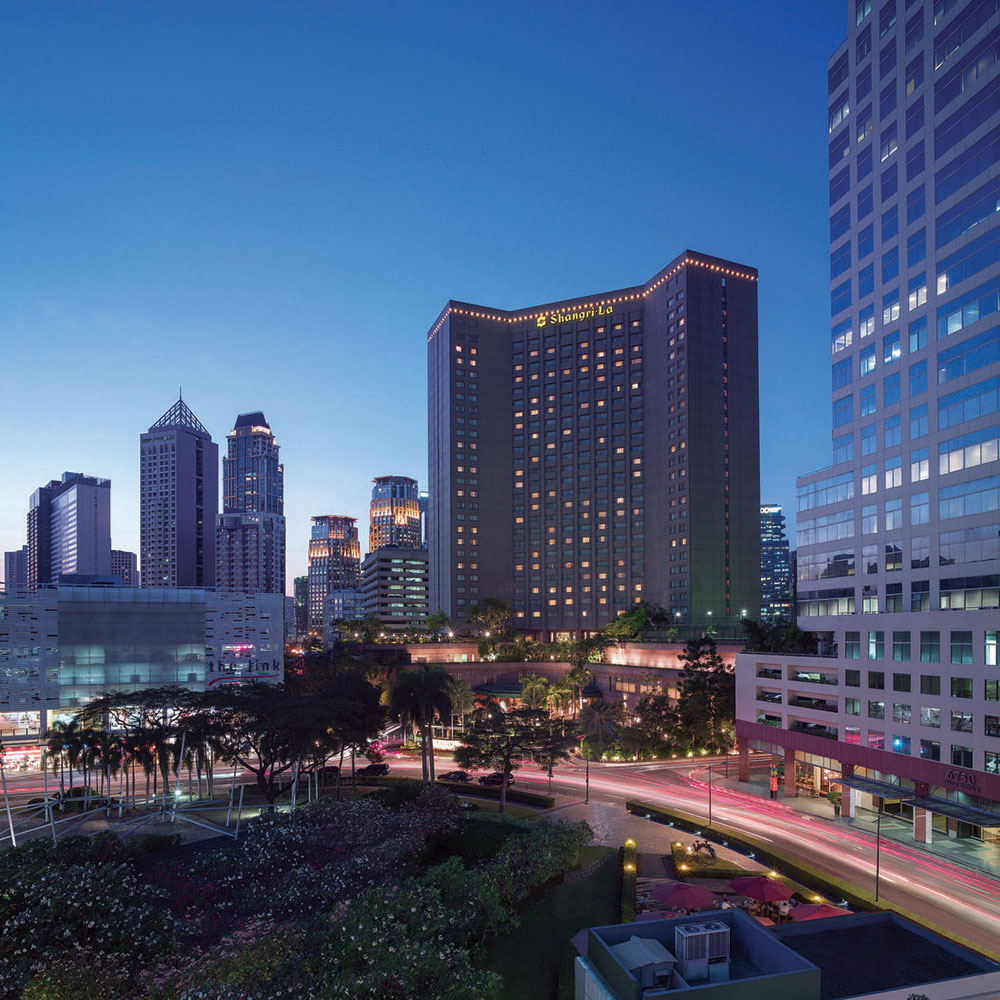



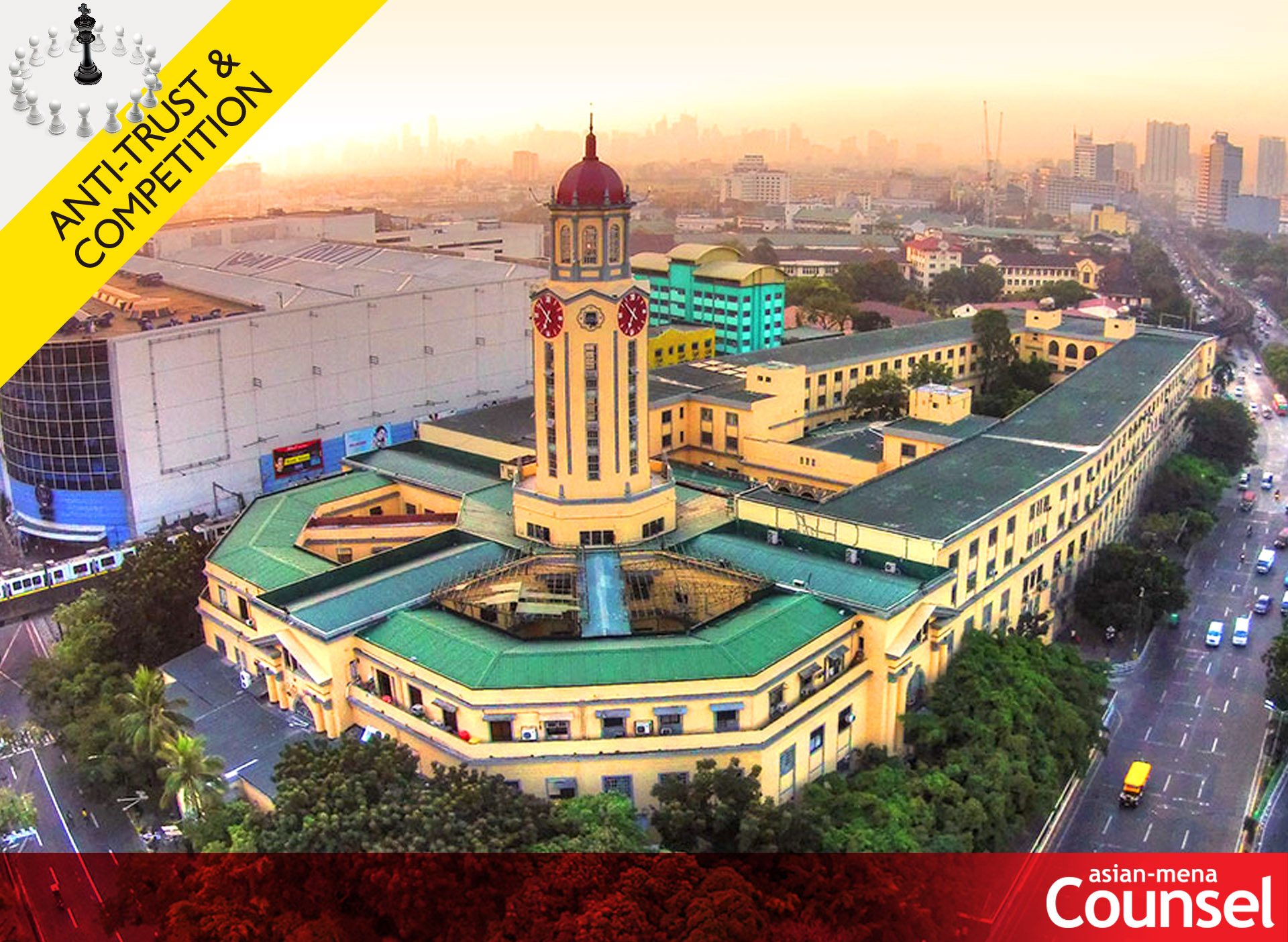











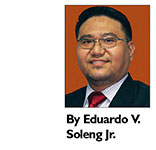
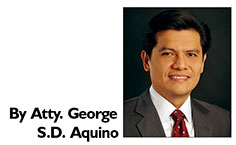


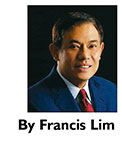







 Angara Abello Concepcion Regala & Cruz Law Offices (ACCRALAW)
Angara Abello Concepcion Regala & Cruz Law Offices (ACCRALAW)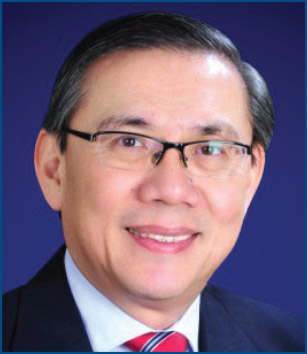 Emerico O. De Guzman
Emerico O. De Guzman




